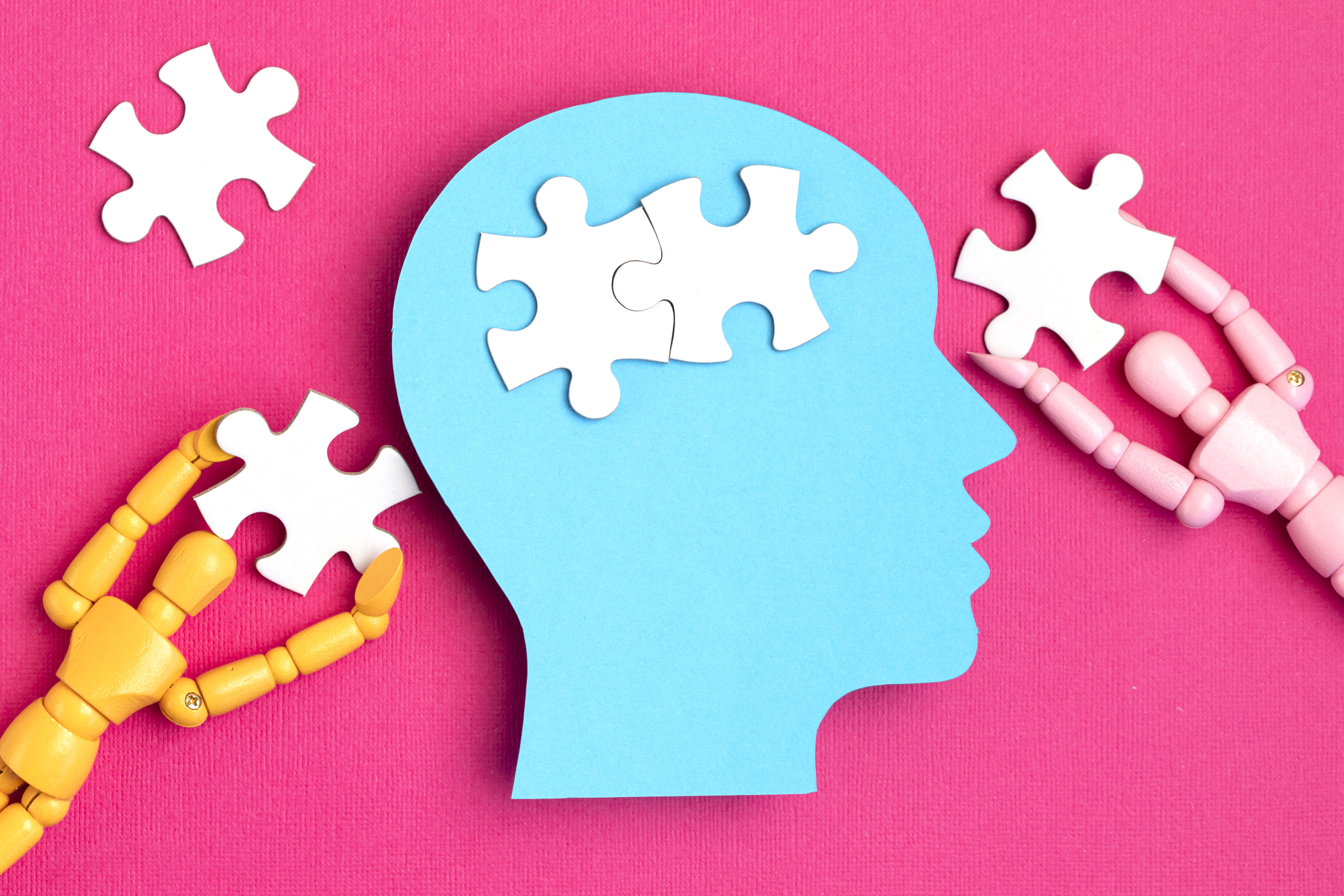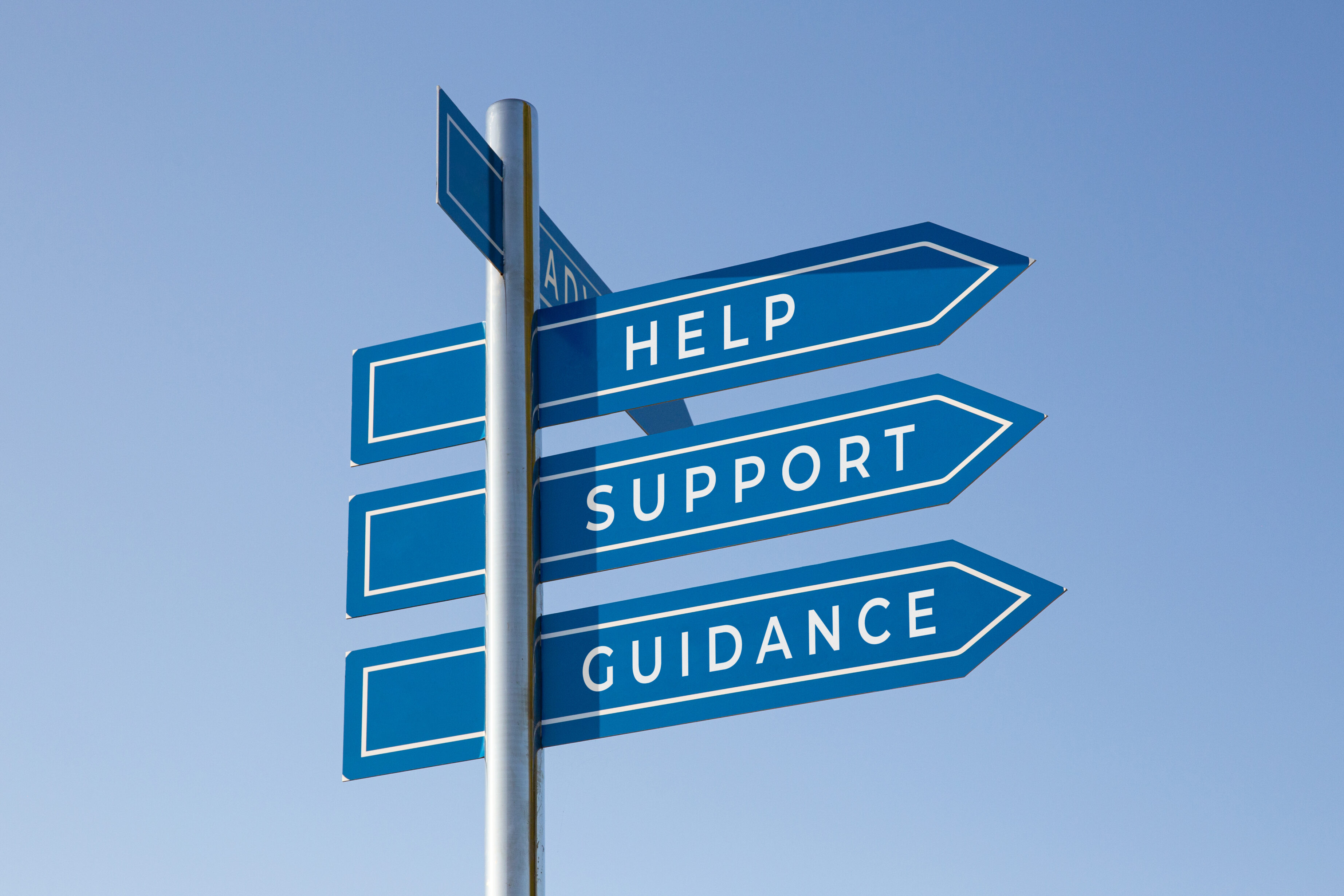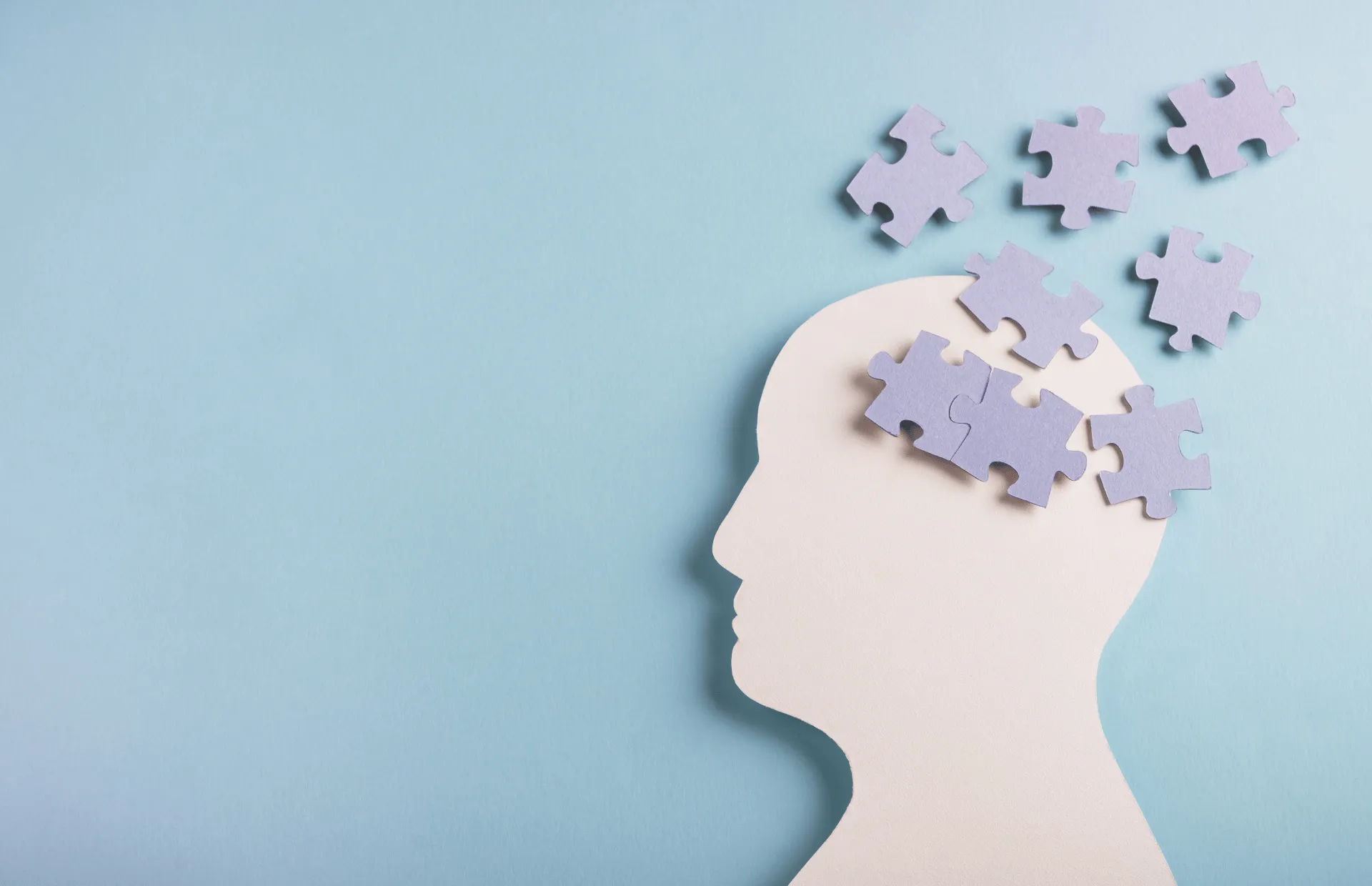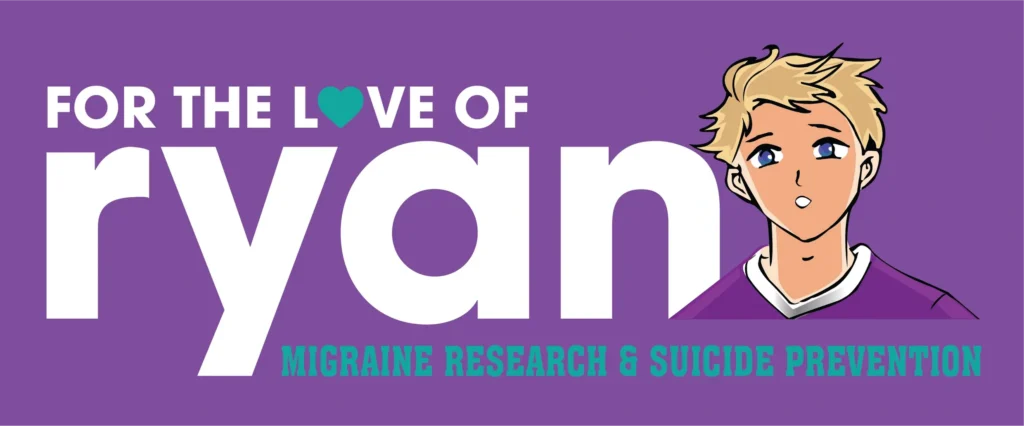Chronic pain—a persistent, often debilitating condition—affects millions globally, intertwining intricately with mental health. The constant struggle with pain can lead to feelings of frustration, isolation, and despair, significantly impacting one’s psychological well-being. Recognizing the dual challenge faced by individuals dealing with chronic pain, it is essential to highlight mental health resources tailored to their unique needs. This article explores the spectrum of mental health resources available to those living with chronic pain, aiming to provide guidance, support, and hope.
Understanding the Link Between Chronic Pain and Mental Health
Chronic pain is not just a physical condition; it’s a complex experience that affects mind, body, and spirit. It’s well-documented that individuals with chronic pain are at an increased risk of developing mental health conditions, such as depression, anxiety, and even PTSD. The reasons are multifaceted, involving the pain itself, the stress it causes, and the way it can alter life’s trajectory and sense of self.
Mental Health Resources for Chronic Pain Sufferers
- Pain Management Clinics: These specialized clinics often take a holistic approach to treat chronic pain, incorporating psychological services as part of a comprehensive treatment plan. Psychologists and psychiatrists within these settings are skilled in addressing the mental health aspects of living with pain.
- Online Support Groups: Platforms like PainConnection (a service of the U.S. Pain Foundation) and Chronic Pain Anonymous offer community and support from others who understand the unique challenges of chronic pain.
- Cognitive Behavioral Therapy (CBT): CBT for chronic pain helps individuals develop coping strategies to manage pain and the emotional responses to it. Many therapists offer this modality, and it’s widely supported by research as effective for both pain and associated mental health issues.
- Mindfulness and Stress Reduction Programs: Programs like Mindfulness-Based Stress Reduction (MBSR) have been shown to improve pain symptoms and psychological distress. These can be accessed through local classes or online resources.
- Mobile Apps: Apps designed for chronic pain management, such as Curable and Pathways Pain Relief, include educational content, pain management techniques, and psychological support elements.
- Professional Counseling: Therapists specializing in chronic pain can provide invaluable support, helping individuals navigate the emotional challenges posed by their condition. Websites like Psychology Today allow users to search for therapists with specific expertise in chronic pain.
Navigating Healthcare and Mental Health Services
Navigating the healthcare system can be daunting, especially when seeking services that address both chronic pain and mental health. Advocating for comprehensive care, being open about mental health concerns with healthcare providers, and seeking referrals to mental health specialists familiar with chronic pain are critical steps. Insurance providers and local health departments can also be resources for finding covered services and programs.
Self-Help Resources and Lifestyle Adjustments
In addition to professional resources, self-help books, meditation and exercise, dietary adjustments, and hobbies that distract from pain can also play a role in managing the mental health aspects of chronic pain. Establishing a routine that includes regular physical activity, healthy eating, and time for relaxation and social activities can support both physical and mental health.
Extending Our Hand in Unity
For the Love of Ryan stands as a pillar of support and resource for those navigating the complex interplay of chronic pain and mental health. Our commitment to providing access to vital resources and fostering understanding underscores our dedication to those on this challenging journey. Your engagement and advocacy empower us to reach further, offering solace and solutions to those in need. Join us in extending this lifeline, affirming our collective commitment to healing and hope.
